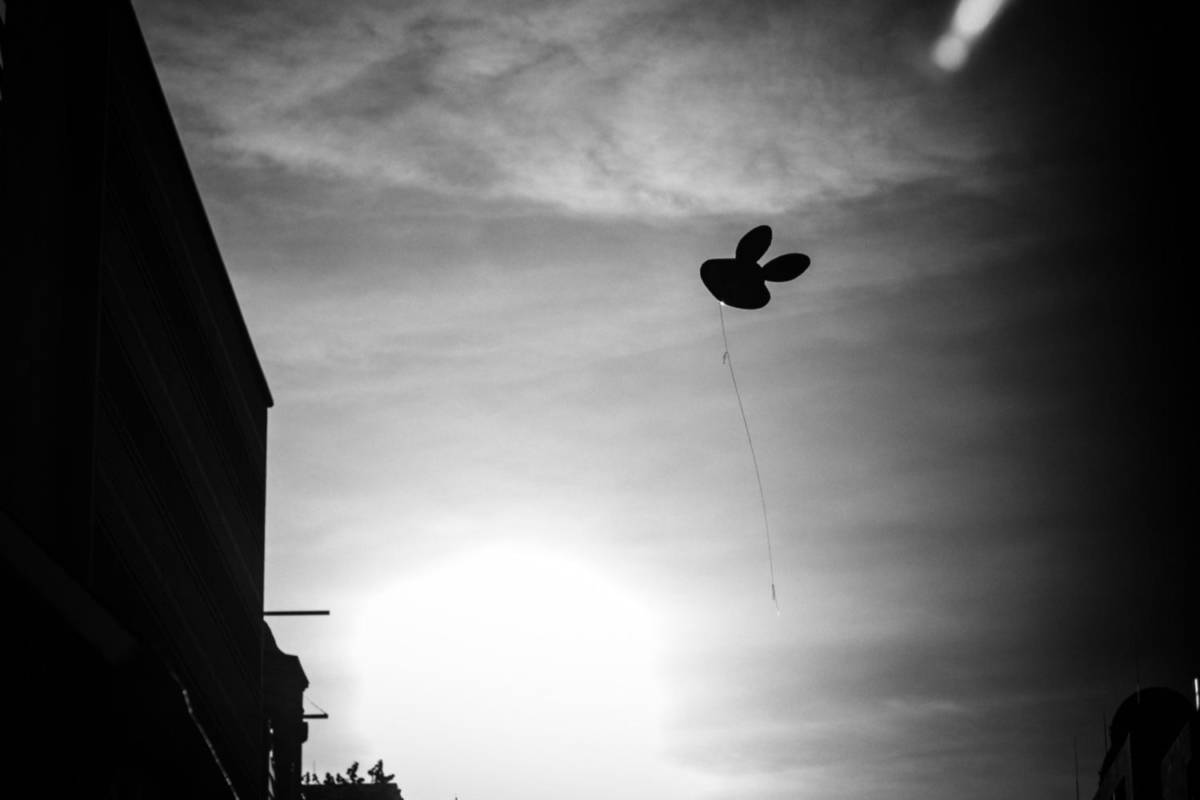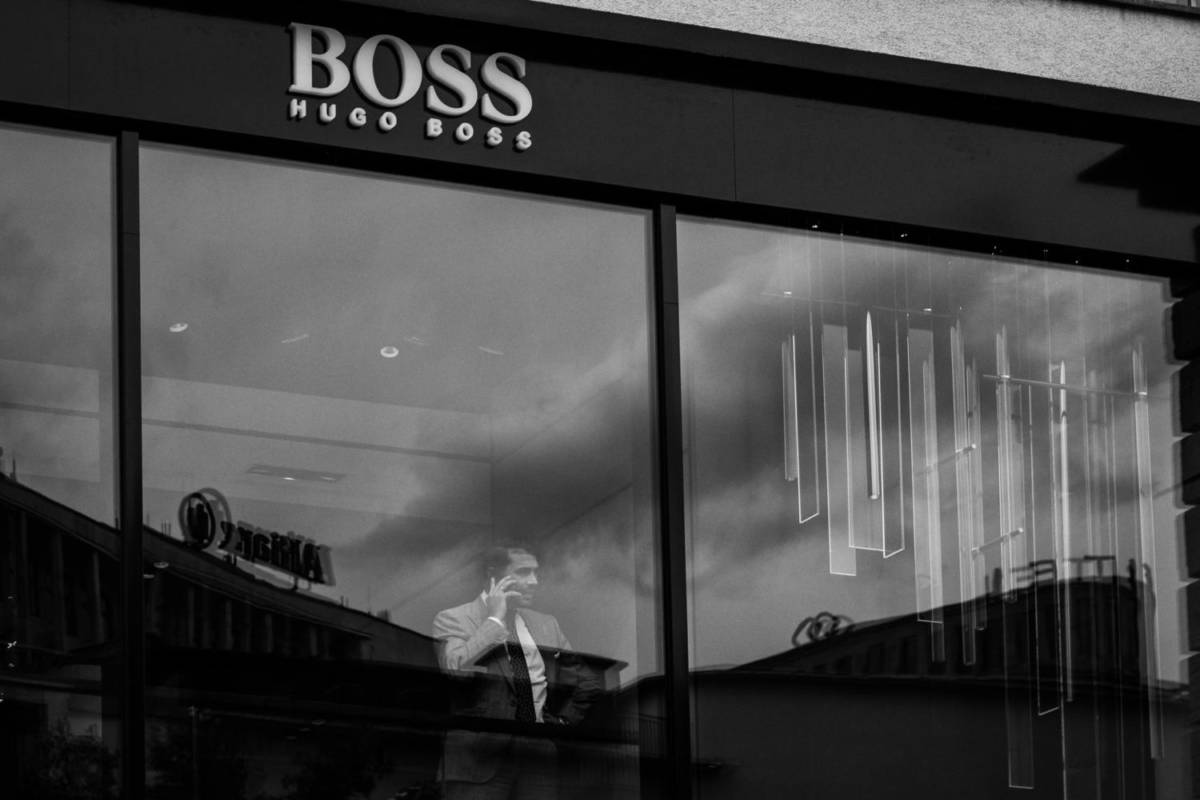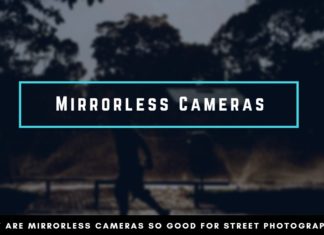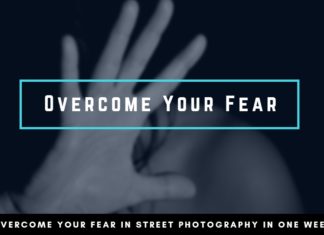The following article will be about how you can receive meaningful criticism and how to handle it lightly. Today’s problem, especially in the Street Photography community, is that it is very hard to receive constructive critique and the main cause is, that the recipients often take it the wrong way. The root problem is that most photographers identify themselves through their pictures and project every error of their work on themselves. This is understandable because the personality is reflected in the photos. However, your ability to take pictures, shouldn’t define you as a person or “hurt” you in any way when receiving criticism.
As a beginning photographer, getting constructive criticism from experienced photographers is probably one of the best ways to improve in photography. Since I had no person in my direct surrounding that I could ask for help, I tried to reach out to different online communities. Given that the main platform I used was Flickr, it was obvious to engage in groups or threads that are dedicated to reviewing the uploaded pictures.
About a year ago when I started progressing into Street Photography I tried my luck and uploaded a picture where I was certain that it was better than average and would receive mostly positive critiques. Of course, this wasn’t the case and some people were very honest about it and revealed the flaws in this picture. While I should have been thankful to receive honest and constructive criticism it also felt like I got betrayed by my own expectations. I was very convinced of the quality of this picture so I tried to justify why these people gave negative reviews and collected arguments in my favor.

Most of us photographers know this feeling and while it is humanly it is not a good advisor for personal progression. As I said in the article: The comedian with a camera, there can be different opinions about pictures, but one should always be open to criticism and not try to block opinions that may not in one’s favor.
Although the negative feedback hurt at first, I have slept on it for a night and the next day my “anger” faded a bit. Now I could actually understand their arguments and from today’s point of view, they were absolutely right. My work did lack in some departments and the picture wasn’t anything special. Accepting this insight isn’t easy in the beginning because it means that we have weaknesses and nobody wants to have his weak spots exposed. But that is the truth, nobody is perfect and we have to accept our flaws. Even better, we now have something we can work on.
Now that we accepted that we aren’t perfect we have to try to view our own work from a third person point of view. If you are bonded too strongly with your picture you are more likely to ignore any criticism. Distancing yourself from your work will help you to judge it more objectively. The most effective measure to have a neutral point of view can be achieved by letting your pictures age before editing them. It is very tempting in the digital age to review your picture the instant you arrive at home.
What can be an advantage, because you know the results faster and are able to sort out obviously failed pictures, could also be a disadvantage because you are still loaded with emotions. These emotions will nebulize your evaluation and create a honeymoon phase. Therefore it will be helpful to let your pictures mature a bit before touching them. I’d recommend waiting at least a week before trying to judge whether a picture can hold up to your high expectations or not.

The third step is about receiving meaningful critique. The easiest way to receive a lot of feedback would be to upload your pictures in said “critique” or feedback groups. Whether on Flickr, Facebook or any other social media platform shouldn’t make a huge difference. But keep in mind that anyone could give his feedback and there is no way to determine the expertise of these photographers. Therefore you should take these opinions with a grain of salt.
From my personal experience, it is very difficult to receive or give feedback over the internet. We had the attempt at creating a “smallish” community of around 100 people who’s passion is street photography in Germany. It only lasted a few months until different opinions lead to fewer activity and let this project collapse. Therefore my advice is to write directly to street photographers who are your role model whose work you admire. Most of them will be open to at least give a few comments, but don’t expect to receive an essay for free. Some photographers are also active on Youtube and have critique categories where you can submit a photo.
For the German-speaking area, the Feedback.studio lead by Thomas Leuthard and Thomas Adorff will give you monthly tasks you have to fulfill. At the end of the month, you can submit your photo and the aforementioned photographers will share their opinion.
To receive critique in written form the Street Photography website Streethunters.net lets you submit pictures. Beneficial is the very complex feedback you will receive, but due to the number of submissions, it is not guaranteed that your picture will be reviewed.
Lastly, my favorite way of giving and receiving criticism is in local groups or personal discussions. Nothing can replace a good face to face talk about pictures with photographers who are honest about your work. The internet might be fit to give you the first tendency about your picture, but the quality in-depth analysis is best suited for personal interaction.
In summary, my steps to receive meaningful feedback and working with criticism are:
- Accept that you are not perfect – Having weaknesses is absolutely natural. Experts will expose those flaws, but rather than justifying them, see them as opportunities for improvement.
- Distance yourself from your picture – Let your pictures age for a while until you don’t feel emotionally attached anymore. This helps you to view your own work more objectively.
- Seek out to local photographers that are willing to discuss your pictures and are open for discussions.
Stay Curious
Sebastian Jacobitz


































